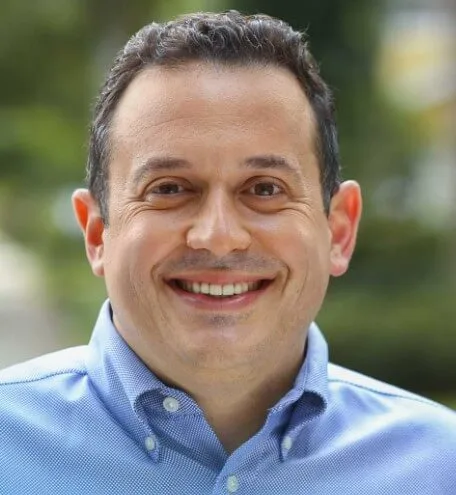
Image via AP Photo/Carlos Giusti
In three years, Trump reversed important environmental regulations that affect people on the island “first and foremost” as well as minorities in the U.S.
SAN JUAN — The Trump administration’s lack of support for environmental rules and regulations will have a tremendous impact in Puerto Rico, according to a recent report of the Center of American Progress (CAP), an independent nonpartisan policy institute.
During his three years in office, Donald Trump has reversed 100 climate and environmental regulations.
RELATED: Puerto Ricans are Literally Breathing Easier Due to COVID-19 Shutdown
Toward the end of March, the Trump administration indefinitely suspended some environmental protection laws, including vehicle-emission standards. He has also relaxed carbon-dioxide emission regulations for power plants, as well as other rules pertaining to clean air and water, and the use of toxic chemicals.
Some of the major reversals have happened in recent weeks, while the country still struggles to contain the spread of the coronavirus pandemic.
According to Dr. Frances Colón, an expert in environmental policies, the loosening of these regulations gives companies the green light for causing damage to the environment.
“Companies can now go forward with new construction, implementing procedures without being held accountable. This limits the ability to protect the health of our people,” the doctor told The Americano.
RELATED: Trump Wants to Take Money Meant for Small Business and Give It to the Oil Companies
According to the CAP report, Puerto Rico’s environmental vulnerability increased during the years 2017 to 2019, beginning with the damages caused by hurricanes Irma and Maria in 2017.
Irma is considered the most powerful Atlantic storm on record. Although it didn’t make landfall on the island, the hurricane caused flooding and left more than 1 million people without power and more than 56,000 people without potable water.
Fourteen days after Irma, Hurricane María hit the island as a Category 4 storm and left the entire region without power. An estimated total of 2,975 deaths was reported.
The total cost of damages caused by the two hurricanes on the island has been estimated at $1 billion.
According to CAP, there’s an additional threat after President Trump has proposed cutting the Environmental Protection Agency’s (EPA) Superfund budget by more than $100 million. These cuts would adversely affect Puerto Rico, which currently has 25 Superfund sites that were affected by flooding and other damages in the wake of Hurricane María.
According to Dr. Colón, Puerto Rico, like other minority and Latino communities, are the first and most affected by the federal government’s decisions, in terms of safeguarding environmental issues. She explains as more carbon emissions are emitted, the impacts of climate change will continue.
Predictions indicate that one of the effects Puerto Rico could suffer because of climate change is that by 2060 the sea level around the island will rise by 22 inches.
“In Puerto Rico that makes a difference because we are talking about an island where documentation shows citizens are treated as second class and especially in situations of emergency response,” explains Dr. Colón.
Puerto Rico will suffer faster global warming than the worldwide average. The island is supposed to have increased in both mean and extreme temperatures, including days per year hotter than 95 degrees Fahrenheit.
Dr. Colón explains that as emissions continue to rise, climate change will persist as well as its effects, like the temperature increase.
“The increasing intensity of storms and deteriorating environmental conditions will continue,” she sentences.
RELATED: The EPA Is Refusing to Regulate a Dangerous Chemical Tied to Brain Damage in Infants
Politics

Teamsters and UPS Reach Tentative Deal to Avoid Strike, 340,000 Workers to Get Raises
The tentative deal represents a huge win for full- and part-time UPS Teamster workers, who would get significant pay raises and better working...



One Republican Senator Is Blocking 265 Military Promotions, Leaving the Marines Without a Confirmed Leader
Sen. Tommy Tuberville's decision means these military officers are not getting the pay raises they’re owed, cannot move their families to wherever...
Local News



Teamsters and UPS Reach Tentative Deal to Avoid Strike, 340,000 Workers to Get Raises
The tentative deal represents a huge win for full- and part-time UPS Teamster workers, who would get significant pay raises and better working...



One Republican Senator Is Blocking 265 Military Promotions, Leaving the Marines Without a Confirmed Leader
Sen. Tommy Tuberville's decision means these military officers are not getting the pay raises they’re owed, cannot move their families to wherever...




